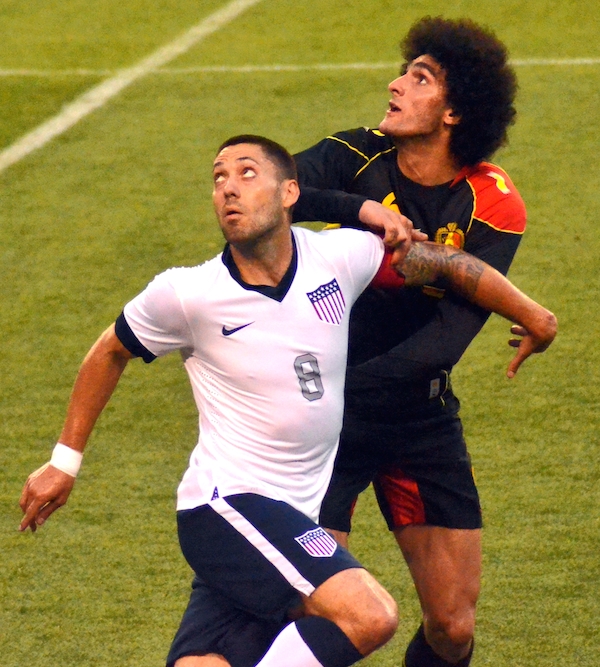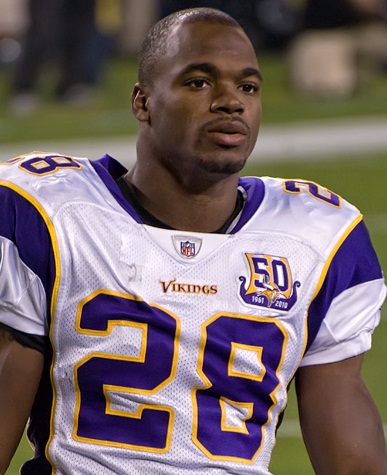Dear Sports Fan,
Can you explain to me how Clint Dempsey was supposedly suspended from games but is starting tonight? I’m confused. How do suspensions in soccer work?
Thanks,
Brian Cadavid
Dear Brian,
As we now know, Clint Dempsey did play in last night’s Gold Cup match between the United States men’s national team and Honduras. It’s a good thing for the team that he did, too, because he scored the team’s two goals on their way to a 2-1 victory. It was a bit of a surprise though. Last night’s game was played less than a month after Dempsey was thrown out of a game he was playing for his club team, Major League Soccer’s Seattle Sounders, after grabbing a referee’s notebook out of his hands and tearing it up.
This violation, as silly as it seems, by the letter of the rules, qualifies as assaulting the ref. A violation of this type is supposed to come with a minimum of a six game suspension. If Clint Dempsey had received a six or more game suspension for assaulting the referee, he would have been banned from taking part in any official soccer while serving the six game suspension. Since the Sounders only had three games between Dempsey’s infraction and last night’s USMNT game against Honduras, a six game ban would have excluded Dempsey from participating. SB Nation’s Sean Steffen wrote a post about this logic before the ruling had been handed down. When the ruling came, it was a major surprise: only three games. As Doug McIntyre wrote for ESPN, “It’s good to be a big-name star like Clint Dempsey in Major League Soccer.” Crisis averted – Dempsey would be able to play in the Gold Cup.
The way that this suspension worked is the exception, not the rule in global soccer. In the vast majority of leagues, and even in the MLS for non-assault based infractions, yellow cards, red cards, and suspensions that a player receives do not bleed over into other forms of competition. This is important because soccer players, way more than players in any other sport, play in different competitions simultaneously. In the course of a month, a player may play for a national team and for his or her club team in a league game and in one or more cup or tournament games. For example, Clint Dempsey was playing in the Lamar Hunt U.S. Open Cup when he earned that red card. His team’s next game was a normal MLS league game. And then, as we know, he went and played for the national team. The same trichotomy exists, perhaps even more, for players who play in European club soccer. Each league and cup and tournament has its own rules about suspensions. Although they are all quite similar, thanks to the octopus-like international soccer organization, FIFA, when it comes to suspensions, they each have mostly separate jurisdictions. A yellow card picked up in the Champions League does not carry over into the British Premier League or Spain’s La Liga. A suspension a player gets during an international game for their country usually only pertains to international games.
The fact that if Clint Dempsey had been suspended for six games for his “assault” on a referee, his suspension would have applied not just to games played for the Seattle Sounders but also to games played by the U.S. men’s national team is the exception that proves the rule. Most suspensions in soccer only apply to the form of soccer being played when the player commits the act that gets him or her suspended.
Thanks for your question,
Ezra Fischer


